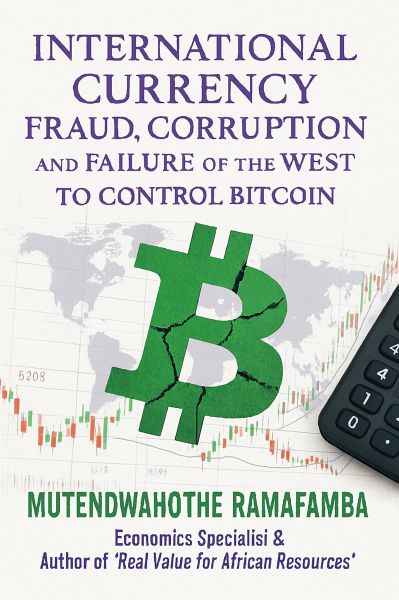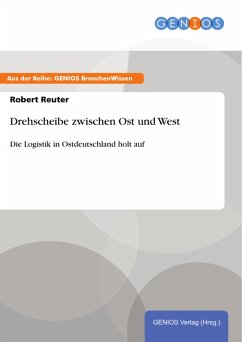
International Currency Fraud, Currency and Failure of the West to Control Bitcoin (eBook, ePUB)
Frauds by States to other States
Sofort per Download lieferbar
11,99 €
inkl. MwSt.

PAYBACK Punkte
0 °P sammeln!
OverviewInternational Currency Fraud, Corruption and Failure of the West to Control Bitcoin, by Mutendwahothe Ramafamba is a meticulously researched and thought-provoking exploration of global financial systems, currency manipulation, and the disruptive impact of cryptocurrencies, with a particular focus on Bitcoin.Published as a critical analysis of international finance, the book examines the interplay between institutions like the IMF, World Bank, and NATO states, historical shifts in monetary policy such as the abolition of the gold standard, and the rise of decentralized digital currencie...
Overview
International Currency Fraud, Corruption and Failure of the West to Control Bitcoin, by Mutendwahothe Ramafamba is a meticulously researched and thought-provoking exploration of global financial systems, currency manipulation, and the disruptive impact of cryptocurrencies, with a particular focus on Bitcoin.
Published as a critical analysis of international finance, the book examines the interplay between institutions like the IMF, World Bank, and NATO states, historical shifts in monetary policy such as the abolition of the gold standard, and the rise of decentralized digital currencies. Spanning from 1974 to 2025, it delves into systemic flaws, corruption scandals, and the socioeconomic consequences of currency manipulation, especially for developing nations.
Ramafamba’s work stands out for its bold critique of Western financial hegemony and its advocacy for equitable reforms, making it a compelling read for economists, policymakers, and those interested in global finance and cryptocurrency.
International Currency Fraud, Corruption and Failure of the West to Control Bitcoin, by Mutendwahothe Ramafamba is a meticulously researched and thought-provoking exploration of global financial systems, currency manipulation, and the disruptive impact of cryptocurrencies, with a particular focus on Bitcoin.
Published as a critical analysis of international finance, the book examines the interplay between institutions like the IMF, World Bank, and NATO states, historical shifts in monetary policy such as the abolition of the gold standard, and the rise of decentralized digital currencies. Spanning from 1974 to 2025, it delves into systemic flaws, corruption scandals, and the socioeconomic consequences of currency manipulation, especially for developing nations.
Ramafamba’s work stands out for its bold critique of Western financial hegemony and its advocacy for equitable reforms, making it a compelling read for economists, policymakers, and those interested in global finance and cryptocurrency.












